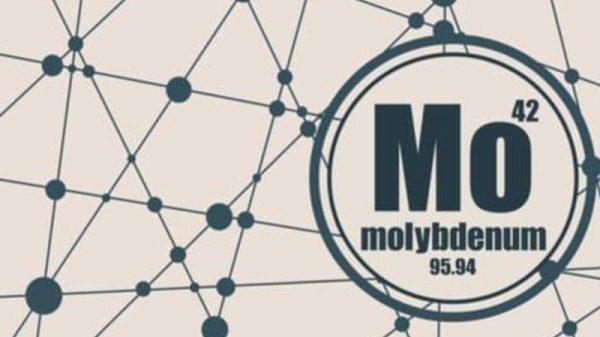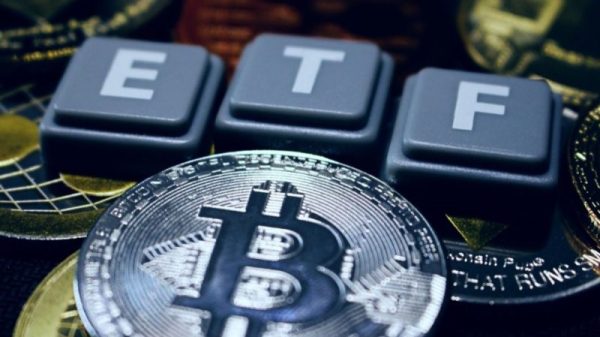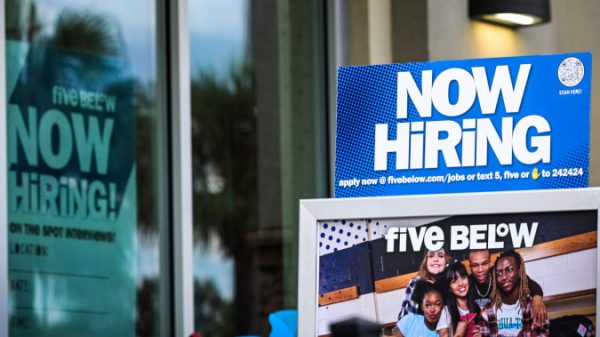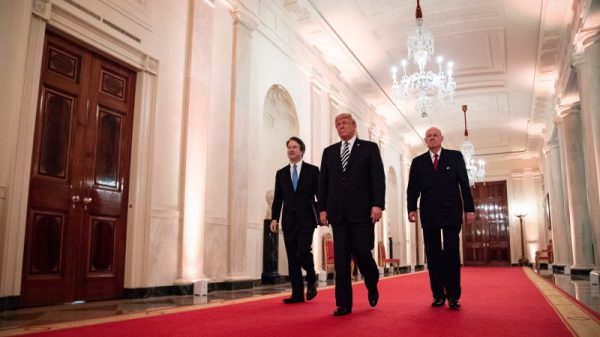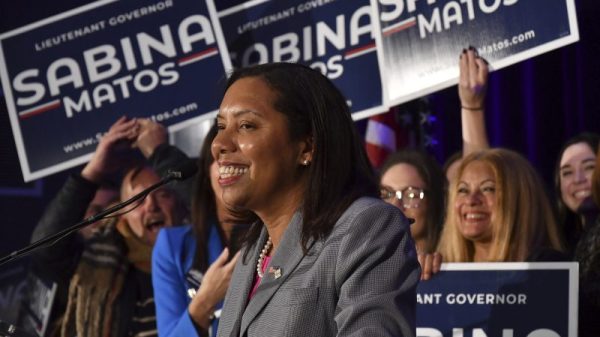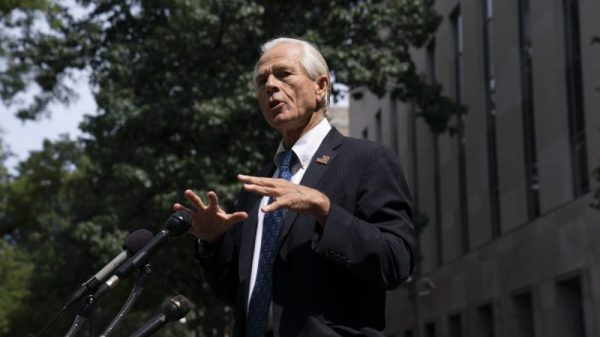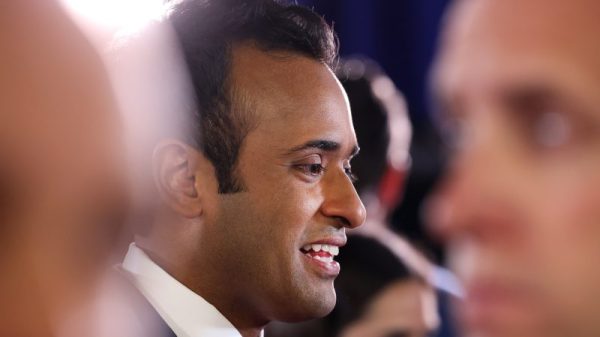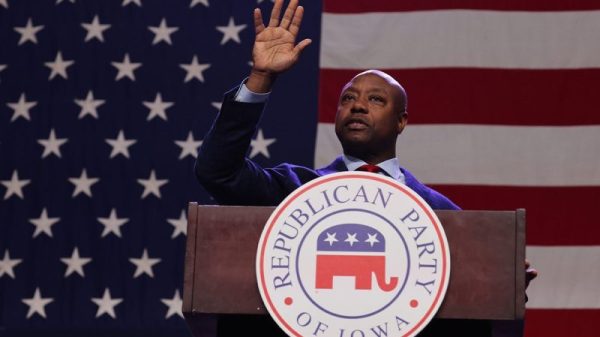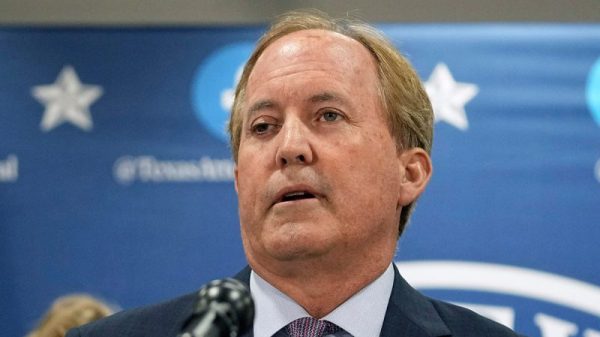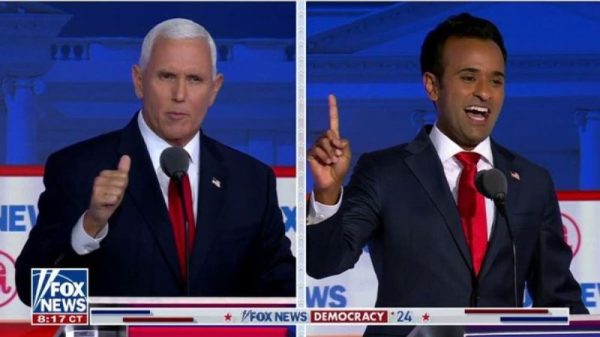The aimless drift of economic policy continues, as otherwise sensible economists push for the Federal Reserve to raise its inflation target to 3 percent. This will supposedly provide all the benefits of the Fed’s current 2 percent target without incurring the costs (reduced growth, higher unemployment) of driving inflation down further. Even apart from the naive Keynesianism implied in this view, there are still several problems, any one of which sinks the argument for a higher target.
There are welfare costs to higher inflation. When the dollar depreciates faster, people try to reduce their cash holdings. But economizing on liquidity is itself costly. As Milton Friedman argued, it results in fewer transactions and, correspondingly, fewer gains from trade. The cost incurred by each of us is very small. Multiply it by 330 million, however, and it doesn’t look so trivial.
The second cost, related to the first, stems from the redistributive nature of the policy change. Think about the millions of people with long-term debt contracts, such as banks and mortgage-holders. Raising the inflation target redistributes wealth from creditors to debtors. The longer the duration of the debt contract, the greater the transfer. By itself, a transfer of resources is neither a cost nor a benefit to society. The problem is all the resources people would use up to minimize the damage to their own net worths, as well as precautionary actions taken to avoid similar redistributions in the future. We already spend far too much time, money, and effort watching the Fed. Raising the inflation target would waste even more.
The third cost is significantly larger than the first two. Many tax rates are not indexed to inflation. Capital gains taxes, for example, are denominated in nominal dollars. Higher inflation means higher asset values, which will push owners of capital into higher tax brackets. Even if real asset values are decreasing, owners of capital will have to pay greater taxes on nominal price increases. This creates strong disincentives to invest, and hence create additional wealth. Furthermore, since it means Uncle Sam’s share of the economic pie will increase in real (inflation-adjusted) terms, more wealth will be allocated to fundamentally unproductive uses. This is a needless drag on growth.
But the largest cost to a 3 percent inflation target is diminished Fed credibility. The central bank would essentially admit to markets that it is unwilling to do the hard work to return inflation to its previously adopted target. That would tarnish the Fed’s reputation. If the central bank can’t be trusted to hit a 2 percent target, why is a 3 percent target any more believable? After the next crisis—and given how bad the Fed is at its job, there will certainly be one—will the Fed acquiesce to a 3.5 percent or 4 percent target? What about the crisis after that? There’s no end to this ratchet. The Fed’s hard-won reputation as a guarantor of nominal stability would be lost, perhaps forever.
There is no good reason to accept a higher inflation target. All the arguments for it rely on dark-age macroeconomics, which should have stayed buried with the stagflation of the 1970’s. If the Fed can really make such an elementary error and get away with it, a major prudential reason for keeping it around would no longer hold. A Fed that willingly accedes to the dollar-depreciation racket is too dangerous to keep around.


